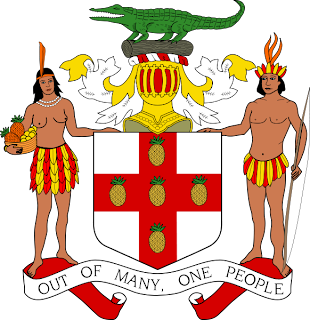This
month, October 26 to be exact, my sister would have celebrated her
birthday. It has been six years since she has been gone. Born on the
26th, died on the 26th.
The
dimple on her left cheek was admired by many, but that one dimple was
not an accident of nature, but really the result of an accident. When
she was about three years old she fell and hit her cheek on the edge
of a concrete ledge, and her cheek sunk in at just the right
spot.
She was the only sister I had, along with four brothers. I was born three years before her, and although we did not always get along, we were very close. We had children the same age. We took trips together. We would talk for hours, both on the phone and in person, and many Saturdays would find us on the road together.
The fact she is not here anymore is unbelievable. It still seems like a dream. I cannot imagine what it's like for her husband, her daughter and her son.
I found the following words appropriate to my situation. I do not know where it originated, author unknown.
She was the only sister I had, along with four brothers. I was born three years before her, and although we did not always get along, we were very close. We had children the same age. We took trips together. We would talk for hours, both on the phone and in person, and many Saturdays would find us on the road together.
The fact she is not here anymore is unbelievable. It still seems like a dream. I cannot imagine what it's like for her husband, her daughter and her son.
I found the following words appropriate to my situation. I do not know where it originated, author unknown.
Those
we love remain with us
for love itself lives on,
and cherished memories never fade
because a loved one's gone.
Those we love can never be
more than a thought apart,
for as long as there is memory,
they'll live on in our hearts.
for love itself lives on,
and cherished memories never fade
because a loved one's gone.
Those we love can never be
more than a thought apart,
for as long as there is memory,
they'll live on in our hearts.
.




